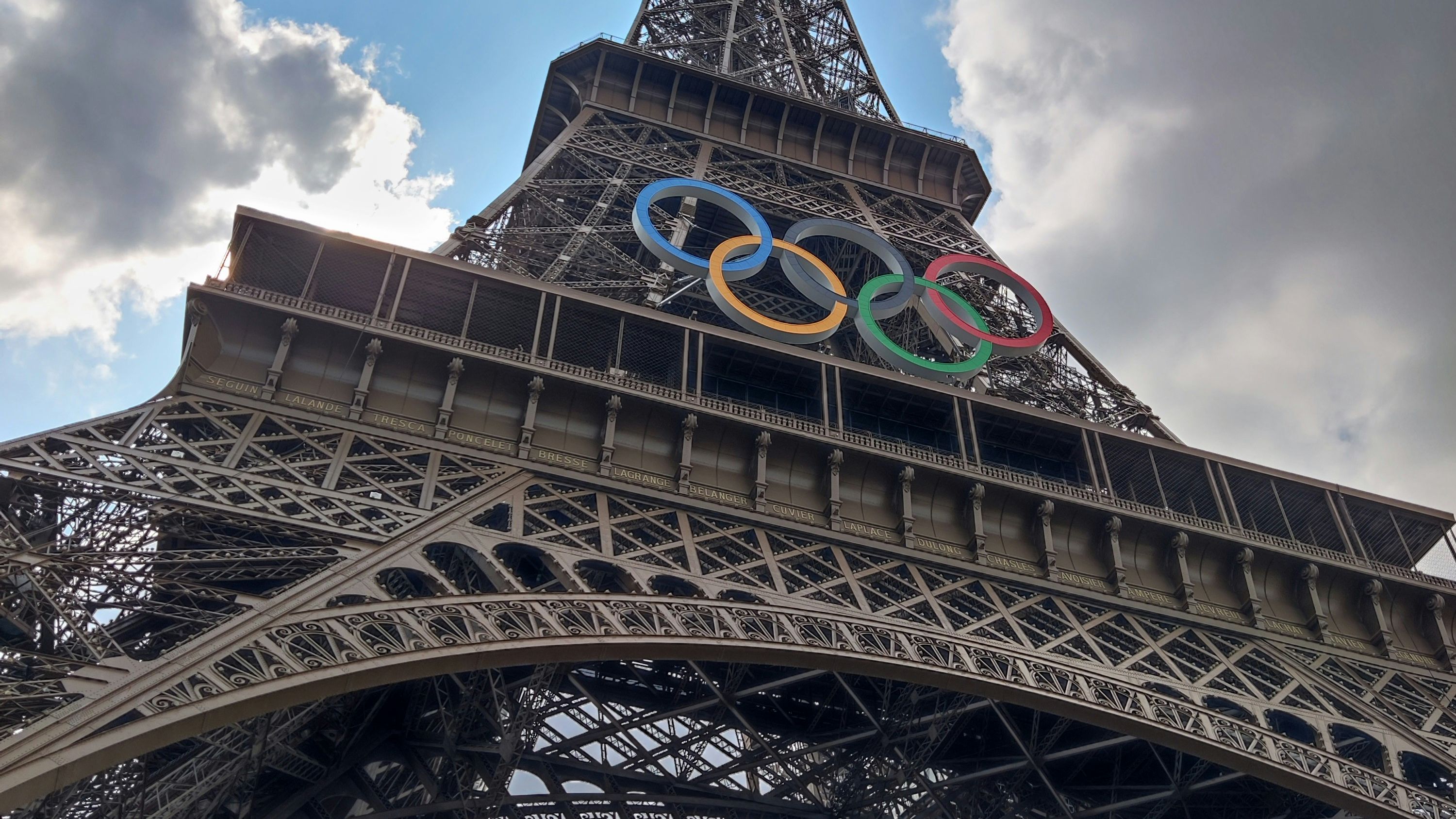The Addiction to Being Right
Aug 13, 2024
From our Brains to the Olympic Podium
We've all been there: locked in a heated argument, hearts racing, faces flushed, desperately trying to prove our point. But why do we get so caught up in being right? And what consequences does this have for ourselves and those around us?
The Brain's Reward System
Our brains are wired to seek pleasure and avoid pain. When we're right about something, our brains release dopamine, a neurotransmitter associated with pleasure and reward. This creates a sense of satisfaction and reinforces the behavior. Over time, we can become addicted to this feeling, constantly seeking the next "hit" of being right.
The Challenge of Holding Two Truths
One of the most challenging aspects of human cognition is the ability to hold two seemingly contradictory ideas as true simultaneously. This concept, known as cognitive dissonance, can be uncomfortable for our brains. We often prefer simple, black-and-white thinking because it's less cognitively demanding and provides a sense of certainty in an uncertain world.
The Ripple Effect
Our addiction to being right doesn't just affect us; it impacts those around us. When we prioritize being right over understanding or empathy, we can damage relationships, stifle creativity, and create hostile environments. In professional settings, this can lead to decreased collaboration and innovation. In personal relationships, it can erode trust and intimacy.
The Olympic Podium in Paris: A Case Study in Creative Problem-Solving
The ongoing 2024 Paris Olympics provides a perfect example of how our addiction to being right can overshadow important achievements and lead to controversial decisions.
Consider the recent development involving Jordan Chiles and her bronze medal in the floor exercise final. The International Olympic Committee (IOC) ruled that Chiles would be required to return her bronze medal, which would then be reallocated to Romania's Ana Barbosu. This decision came after the IOC admitted to making mistakes in the initial judging process.
The IOC, in its attempt to correct a mistake and ensure the "right" outcome, may be causing unintended harm and disappointment.
Challenging the Need to Be Right
This situation begs the question: Does the IOC need to be "right" in this instance, or is there a better outcome possible? By insisting on a single "correct" result, are they overlooking a more nuanced and fair solution?
Interestingly, Ana Barbosu's team has proposed a creative alternative: awarding two bronze medals. This suggestion challenges us to think beyond the binary of right and wrong, winner and loser. It invites us to consider a solution that honors both the technical correctness of the judging and the human element of the competition.
Reframing Our Perspective
It's crucial to remember that multiple truths can coexist. Yes, ensuring fair judging and correct medal allocation is important for the integrity of the Olympics. However, the emotional impact on athletes who have already celebrated their achievements is equally significant. By focusing solely on correcting the technical aspects, we risk overlooking the human cost of such decisions.
The proposal to award two bronze medals elegantly addresses both concerns. It corrects the technical error while also recognizing the psychological and emotional reality of Chiles' initial win. This solution demonstrates how creative thinking can emerge when we let go of our addiction to being right and open ourselves to more inclusive possibilities.
Where Are We Acting Like This?
This situation invites us to reflect on areas in our own lives where we might be exhibiting similar behavior. Are we so focused on being right or fixing mistakes that we fail to consider the emotional impact of our actions? Are we willing to cause harm in pursuit of technical correctness? More importantly, are we open to creative solutions that honor multiple truths?
Celebrating All Achievements
It's time we break free from this addiction to being right and learn to celebrate a broader spectrum of achievements. In the case of Jordan Chiles and Ana Barbosu, both athletes have demonstrated exceptional skill and dedication to reach the Olympic level. Their achievements are valid and worthy of celebration, regardless of the final medal allocation.
A Call for Creative Solutions
Let's challenge ourselves and our institutions to embrace complexity, to hold multiple truths, and to seek creative solutions that honor diverse perspectives and experiences. The proposal to award two bronze medals serves as an inspiring example of how we can think outside the box when faced with seemingly intractable problems.
As we watch the Paris Olympics unfold and witness this controversy, let's appreciate every journey, every personal best, and every moment of sportsmanship. Let's also push for solutions that prioritize fairness, compassion, and human dignity over rigid adherence to being "right."
Remember, two things can be true at once: a decision can be technically correct and still have negative human consequences. By acknowledging this complexity, we open ourselves to more compassionate and creative solutions. Whether in sports, work, or personal relationships, let's strive to recognize the value in every person's experience, even as we navigate the challenges of rules and fairness.
Unlock the Strategic Power of Inner Leadership:
Sign up for The Network Concierge's bi-weekly newsletter - "Leading From the Inside Out"
We hate SPAM. We will never sell your information, for any reason.
